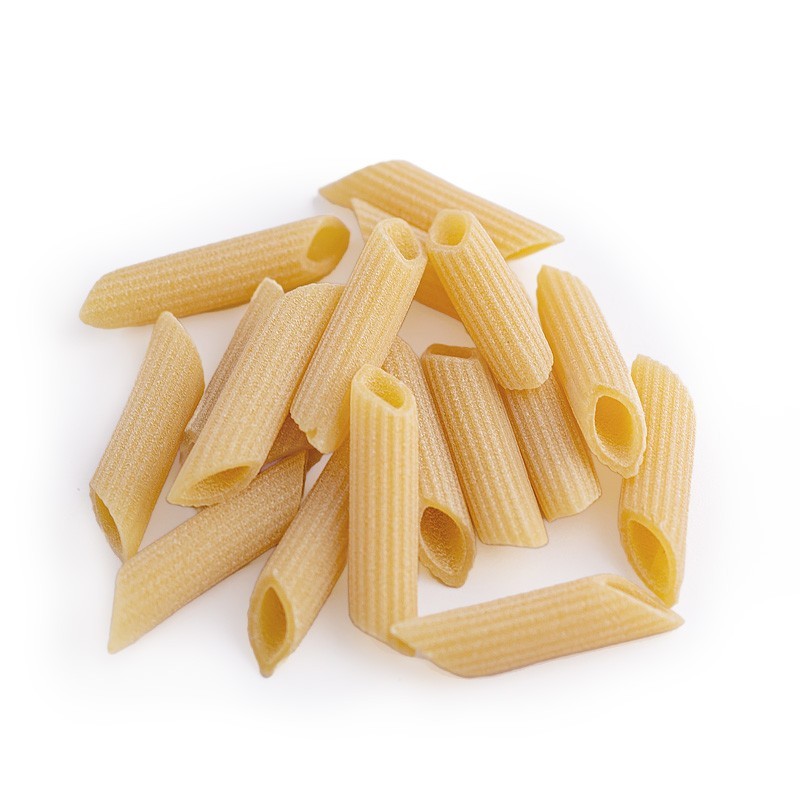06-04-2022

In this article, we explain how to store flour to protect it from insects, moths and oxidative and fermentation processes.
How long can flour be stored?
First of all, flour, by law, does not have an expiry date but a Minimum Storage Term.
This means that it could last even longer than six months after the recommended expiry date if stored properly.
Secondly, it is important to know that insects are formed if the flour is natural, obtained from organic wheat that has not undergone chemical treatment or has been cultivated in integrated agriculture.
What happens if the flour has expired?
In simple terms, consuming a pizza or cake made with flour that has expired two months ago will not lead to food safety problems; at most, they will be less tasty and delicious than usual.
How can insects and moths be avoided?
First of all, it is necessary to keep the place where the flour is usually stored clean and hygienic. Then it is necessary to keep the flour in a cool, dry place, away from sources of light, heat and humidity.
What is the ideal storage temperature?
The ideal temperature for storing flour is between 10 and 20 degrees centigrade. In fact, flour does not tolerate too high temperatures and too dry an environment because it could lose its moisture and become unusable.
Nor is it advisable to store it in environments that are too humid or, worse still, cold and icy, which could lead to the formation of mould or lumps.
What if there are insects in the flour?
As mentioned in the introduction, natural flours can form insects and it is a completely natural thing, as is finding an insect hole in an organic fruit.
And as is the case with organic fruit when we find a hole, i.e. we remove the part attacked by the insect and eat the rest.
Similarly, flour can be used simply by sieving it, so that all the small insects present are removed.

How to store flour after opening?
The best way to store flour is to put it in airtight containers and place it in the refrigerator.
As we all know, low temperatures allow food to be stored for longer due to the fact that they slow down oxidation and fermentation processes. Cold slows down, even to a halt, enzyme activity but does not deactivate enzymes (unlike heat), which regain their properties when the temperature rises.
What is the ideal container for storing flour?
The ideal container for storing flour must be hermetically sealed to preserve all its properties and to prevent the infiltration of mould and external agents.
Hermetically sealed containers also protect the flour from the possible contamination of foreign odours that could compromise its characteristics and flavour, since flour has a sponge-like behaviour, i.e. it tends to absorb whatever smells or scents are around it.
Therefore, care must be taken not to store flour near other foods with a lingering odour or, even worse, near household cleaning products.
Additional flour storage tips
- Do not mix old flour with new flour to have only one container. Only mix them at the time of use, after assessing the quality of the old flour;
- Whole-wheat flours have a shorter lifespan than refined ones; use them quickly to get the best out of them;
- Putting bay leaves in the pantry can keep flour moths away;
- Even if you cannot see any signs of infestation, other dry food in the pantry may have been infested;
- After removing the infested food, it is a good idea to thoroughly clean and sanitise the entire cupboard;
- It should be borne in mind that it only takes one flour-eating insect to start or restart an infestation. Therefore, it is really important to clean the cupboard thoroughly.























